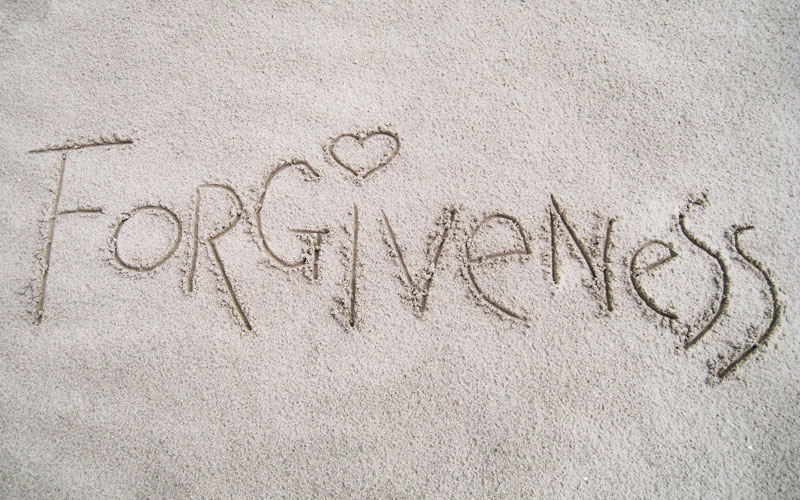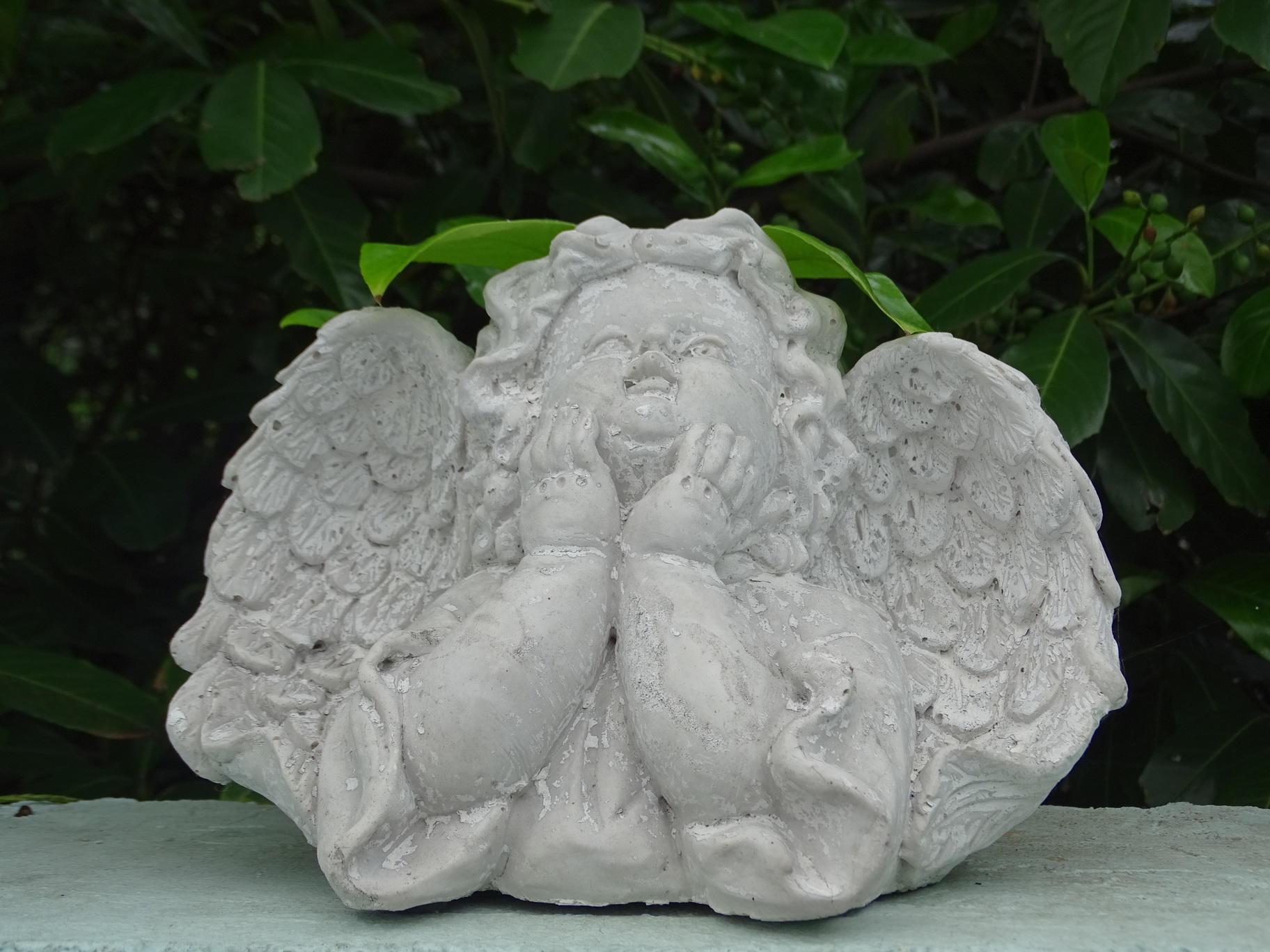John Marion Walker
Army Air corps Private 4th class
Specialist 35th Air Group
21st Pursuit Squadron
Survivor of the Bataan Death March
We all remember the brutal attack on December 7,1941, when Japanese torpedo bombers devastated U.S. Navy ships stationed at Pearl harbor in the Hawaiian Islands, crippling almost every ship and airplane in the U.S. Pacific fleet and giving Japan Temporary control of the Pacific. This initiated America´s involvement in WWII.
What many Americans do not remember, however, is that on the very same day of the attack on Pearl Harbor, the Japanese dropped bombs on U.S. and Filipino troops stationed in the Philippines, destroying their planes as well as their airfields. Nichols field in Manila as totally wiped out. With the U.S. Air and Naval fleet badly crippled in Pearl Harbor, it left the troops in the Philippines without aid.
John Walker was among the Americans who had been sent to the Philippines, where he witnessed the latter attack. John had accepted Jesus as his Savior years before, but was not walking closely with the Lord at the time of the war. He had an older brother back home, however, who was a pastor and who was standing firm and immovable in faith that his younger brother, John, would, in fact, return home from the war. John recalled numerous instances where he knew God had intervened in His behalf to save His life. Thank God for family members who pray unwaveringly for the protection of loved ones!
One of these divine interventions took place during that early attack at Manila. The U.S. troops were living in tents under bamboo thickets. John was lying on his cot while a buddy was digging a foxhole several feet away.
“Three times he called my name” John recalled, “so, on the third time I left my cot and walked over to see what he needed. Surprisingly, he insisted he had not once called me. But before we had time to finish our conversation, a bomb hit the very cot on which I had been lying. From that moment on I knew God was with me.”
In spite of being terribly outnumbered, outgunned, and without adequate supplies, these troops fought courageously to hold off the Japanese to the bitter end, but they were ultimately overpowered. It was during these early days of war, when Japan attacked for no apparent reason, that hatred for the Japanese started to build in John´s heart – a hate that grew increasingly until some fifty years later.
John remembers he was sent to Manila to handle the machine guns on P-40 aircraft, but instead, he found himself using an M-1 rifle with the Filipino 77th infantry on the front lines. Tokyo Rose aided the Japanese military by taunting and demoralizing the American troops via radio, reminding them of their helpless situation and impending doom. According to John, some found her somewhat entertaining but to others, she was demoralizing.
During this time, another fateful God intervention happened when John was told to drive a truck to the front lines. He could have chosen from two trucks – a right-hand drive and a left-hand drive. He got into the left-hand drive because he was accustomed to it. But something told him, “John, don’t take this truck,” so he turned off the motor and jumped into the other truck. As soon as he entered the highway, gunfire went through the left side of the truck, exactly where he would have been sitting had he taken the other truck. John realized that God had spared him a second time.
The troops were forced to use World War I guns and ammunition that half the time didn’t even work. Only one of four grenades exploded, and six of seven mortar rounds detonated. Many times corroded shells would burst in the barrels of cannons. On the other hand, the Japanese were constantly being re-supplied with fresh troops, equipment, and food.
Yet despite Japan’s advantage, the American and Filipino troops continued to fight, even though they lived in one-fourth rations, once a day for almost five months. This extended conflict, against impossible odds, bought much needed time for the rebuilding of the Pacific Fleet for our U.S. offensive in the Pacific. But on the April 3, 1942, the Japanese surrounded them, and having been weakened to the point of total exhaustion these American and Filipino troops could no longer withstand the horrible onslaught of the enemy and were forced to surrender six days later.
Tnis was the largest single defeat of American armed forces in history, and it came, not from the wishes of more than 75,000 fighting soldiers who were ready to fight to the death, but from the command orders, delivered in some cases under the threat of court martial for failure to comply. On April 10, these 75,000 prisoners were lined up four abreast and started on a forced march that took place under the most brutal conditions imaginable.
(2)
Today that march is referred to as the Bataan death march. They marched day and night without stopping, with no food or water from the Japanese, in very humid 115-degree temperatures. During this march John´s new boots were worn completely out and he was barefoot for the reminder of his three-and-a-half-year imprisonment. The soldiers were never issued any more clothing, and before it was over his clothes had actually rotted off his body.
The Japanese would drive beside many of the troops, cutting off heads with their bayonets as they passed by. Some of the men were pushed in front of oncoming trucks – others were clubbed with th captors gun butts. At night, Filipinos would throw them stalks of sugar cane to chew on for strength. They also threw Poncit – something like bread made of rice mixed with bees, pork, and grasshoppers. The prisoners would break off chunks and then pass it on when the guards were not looking. If these Filipino citizens had been caught they would have been killed.
The march never stopped, but the men discovered they could walk in their sleep. At night the two guys on the outside would lock arms with the two in the middle and let them sleep. Then, when the guards were not watching, they would change places so the two men on the outside could get in the middle and sleep.
As the miles dragged on men fell like flies from exhaustion and were shot. If a fellow soldier attempted to help one of his fallen companions, he would be killed. Artesian wells along the way were flowing with water, but if a man made a run for the water he was shot on the spot. John lost a hundred pounds during that march – down to sixty-five pounds – which he then weighed for the duration of his time as a POW.
When they arrived at San Fernando in Pangpanga, one hundred or more prisoners were packed at a time into WWI-era railroad boxcars to be taken to Camp O´Donnell. John was one of the first to be loaded so he was able to breath by putting his nose up to a little crack in the side of the car. Many who were in the middle of the cars suffocated, and they would die standing up because there was no room to fall.
Conditions at Camp O`Donnell were even more unbearable than the march. Another 30,000 of the men died from starvation, disease, unsanitary conditions, injuries sustained in the march, and from the brutality of the Japanese guards at the camp. They were given one rice ball a day. There were only two water pipes in the camp and the water was only turned on once a day, so approximately one hundred men died daily.
The healthier men were put to work digging graves. Some of the very sick were buried alive, but those who refused to do the burying were shot. John said it was quite common to be talking to someone and have him just fall over dead in mid-sentence. John knew he had to get out of the camp to survive, so whenever the guards asked for volunteers for outside work, he would comply. But, with every passing day, his hatred for the Japanese grew stronger in John´s heart.
On May 6, John was sent to manila to help build a bridge to replace one that the U.S. Marines had blown up during their retreat. The volunteers were stripped of all their clothing in the middle of town and made to swim back and forth across the river in the swift currents, pushing logs for the bridge as they swam. They wore armbands with a number and were told that if anyone escaped the rest would be shot.
Eventually, one man came up missing and the guard was told to shoot ten prisoners – five on each side of the missing man´s number. John was the sixth person and if anyone of the five had been sick that day, John would have moved into his spot. They were made to watch as the ten men were shot to death, john remembered with pain how one brother watched as his own twin was murdered.
After building other bridges and airstrip, John was transferred again, this time to Bilibid Prison in Manila. The next time he volunteered he was loaded onto a Japanese ship that the POWs called “Hell Ship.” There, conditions were far worse than those on the death march and in the prison camps. On his particular ship, about 1,400 prisoners were crammed into the cargo area where they sat this way without being able to move. The men who died were put overboard, while many of these ships were sunk by allied submarines because they were not marked as prison ships. John made it to Hong Kong, then to Formosa, and finally to Tokyo.
On January 26, 1945, John was moved to his final destination: Prison Camp Wakasen. Barefoot, and wearing only underwear, the men were forced to walk in hip-deep snow. Several of the men froze to death the first night. For seven months they worked in the lead and zinc mine as slave labor. One day a huge slab fell and pinned another man´s legs. Six men picked it up and the others pulled him out. However, the next day when the six men tried to lift the slab, they could not budge it.
During this time John had another of his many miraculous interventions by God that once again saved his life. He was sent down four to five flights in the underground mine to a section where there were no signals or escape routes. The mine caved in that day and John began to tell God he didn’t want to die – that if God would get him out, he would serve Him. Supernaturally, God showed John a ladder in this lower level that had not been there before, and they were able to make it to safety. When the guards insisted there was no way for them to have climbed out, John showed them the ladder. They quickly told him they didn’t put it there and John said, “I know, Jesus did!”
God was doing miracles for John, but all the while the devil was contending for his life by filling him with more and more hatred. Once a Japanese guard stood him in a ditch which filled with two feet of snow, then took a six-inch-by-six-inch timber and brutally struck him four times on his ear, rupturing the eardrum. There was so much hate in John by this time that he promised the man he would find him and kill him when the opportunity came. As soon as the war was declared over, he took a pistol with three clips and ran down to look for the guard, but he was nowhere to be found. Instead of rejoicing that the war was over, all he could think about was retaliation. However, God had intervened again, keeping him from murdering this man.
After the second atomic bomb was dropped on Nagasaki, Americans began dropping food from B-29 planes in fifty-five-gallon drums. Once he found a box of Snickers and ate all twenty-four in one sitting. That was probably another time when God saved his life. Eating that many Snickers at one time, after being starved for over three years, could easily have killed him. The war was finally over, but of the 75,000 soldiers who started the Death March from Bataan only one in three survived to go home.
John married Carolyn Hardeman in February 1947, and they had five children. Fifty years later, John felt a strong impression he was supposed to go back to Japan and help build a church, but hate still consumed his heart. It was on that first trip, after the YWAM leader kept delaying the first work day, that Carolyn finally had a dream in which she was told that John would not be allowed to build a church until he repented for the hatred he carried in his heart.
He couldn’t bring himself to do that until God spoke unto him and said, “You will either serve me or you will serve the devil.” That God John´s attention and repentance began to come. John said, “Every time we went to Japan the hate was still there. But every time, little by little, it began to fade.”
Then, on his last trip to Japan, he talked to and old man inside one of the churches he helped build and heard the apology for the wrong that had been done to him and to his other fellow Americans – an apology he had wanted so long to hear. At that point John finally began to ask for forgiveness for the hatred in his heart.
From then on, whenever he saw a Japanese, he felt he was supposed to ask for forgiveness for hating them all those years. Interestingly, it was an American Japanese man, George (Joe) Sakato, a Congressional Medal of Honor recipient who fought for America in Europe, who presented John hid Purple Heart. By then, after fifty years of hatred had been driven from his heart. Four times he and his wife have gone to Japan, staying ninety days on each trip and helping to build churches.
Author´s interview with John Walker: “This is one of the most powerful testimonies I have heard on the transforming power of God to enable one to forgive his enemies. Since you went through years as a POW in World War II, you can speak from experience. What would you say to a military man who is struggling with unforgiveness because he is embittered by memories of the enemies he fought and the men he watched to die?”
John replied, “You have to turn it over to the Lord, because if you don’t, unforgiveness will eat you alive. You have to turn those memories over to the Lord, and then He will lead you and protect you.”
Excerpt from the book “Psalm 91. God’s Shield of Protection. Military edition” by Peggy Joyce Ruth and Angelia Ruth Schum.









